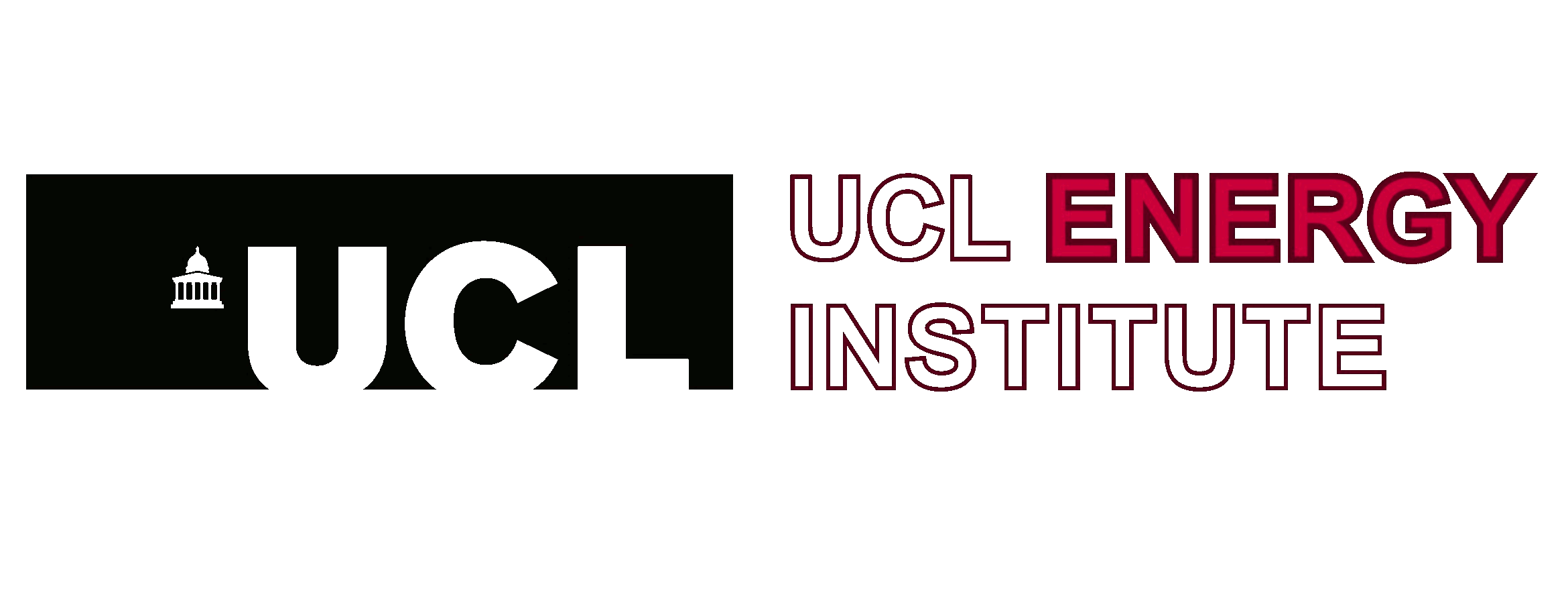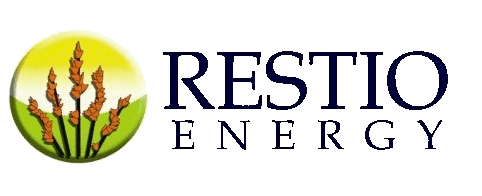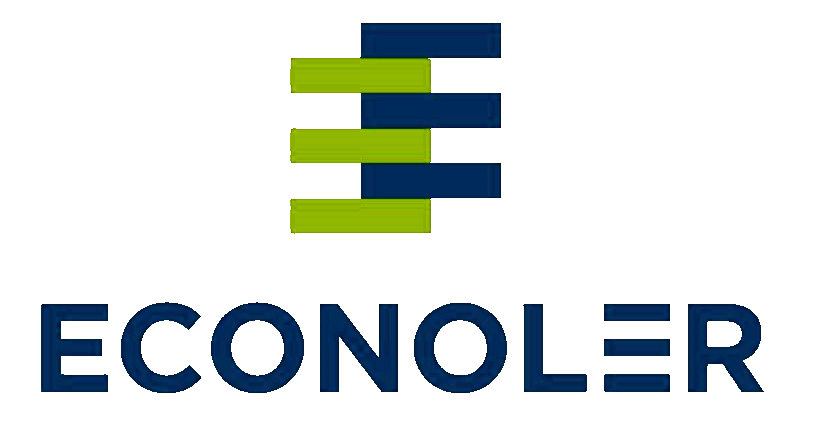This page will be periodically updated with project progress, the current stage of project research, and news from project partners relating to the STEPs project goals.
01.09.2018 – Resources Guide Materials
Working papers on thermal energy services with SWH and with clean cookstoves have been reviewed and updated.
01.05.2018 – Resources Guide Materials and Conference
A working paper on thermal energy services with biogas has been reviewed and updated.
A presentation on solar water heating at a conference with social entrepreneurs organised by the University of Lesotho and a presentation on public private partnerships and biogas at an energy technology conference in Nepal have been given.
01.09.2017 – Resources Guide Materials
The last case studies on thermal energy services using fee-for-service and PAYG have been added to the resources guide, while a case study on thermal energy services in Afghanistan resulting from a pilot project which has started in 2016, is now being developed with data collected on-site.
21.2.17 – Resources Guide Materials, Network Co-ordination
Partners are continuing to work together to write further materials for the project resource guide and the 5Ps (pro-poor public private partnerships) model. The project is also developing a small financing model to assist new companies and entrepreneurs in business planning, focusing on LPG fuel sales as a business. Resources guide materials have been drafted on technology spotlights, as well as policy and regulatory frameworks and business models for various thermal energy technologies, with case studies highlighting the success and failure modes of existing projects using thermal energy technologies. A section is also being added on gender, energy and poverty.
Project partners are also giving presentations on the delivery of thermal energy services in the Global South, the last one being a presentation of solar water heating for Caribbean regulators, in an effort to greater enhance the 5Ps model with relevant, real-world experience.
15.6.15 – Resources Guide Materials, Working Papers, Connecting with Business
The STEPs project is currently working on the production of materials intended to assist with establishing rural energy businesses with sustainable business models utilising renewable energy. This research will eventually form the basis of a resources guide, intended to support the development and scaling of new renewable energy businesses in the developing world, with a focus on Sub-Saharan Africa.
To that end, the project is currently producing two technology-focused working papers, one on biomass digester technology for biogas, and one on clean cookstove technology, with a third and a fourth planned focusing on Solar Water Heaters and LPG technology. These papers will analyse the current state of markets for the technology in various developing world contexts, as well as challenges and lessons learned from previous projects, the proposing sustainable business and financing models which suit the needs and nuances of the different technology options.
The STEPs project plans also to work with South African rural energy businesses in Kwazulu Natal to identify the challenges facing scaling up or implementing thermal energy products in conjunction with an existing rural electricity business. Through utilising existing consumer networks and distribution chains, it is hoped that scaling of thermal energy business may be more easily achievable.
08.12.14 – Second STEPs Network Meeting
The second STEPs project network meeting was held in KwaMbonambi, South Africa, from the 28th – 30th October 2014. Several key points came out of the meeting, including refocusing the project in light of the ongoing political situation in Lesotho into a framework-based, policy and implementation resource guide, applicable to governments and entrepreneurs looking to investigate thermal energy applications, pending approval. The STEPs team also took the opportunity to develop ideas for focusing and drilling down the project’s wide-ranging goals to more directly targeted interventions, technologies and business models, including solar water heating, improved cookstoves, household biogas systems and more, using fee-for-service business models, as well as investigating leasing/contracting models for larger systems such as biogas digesters.
In addition, the data collection aspect of the project is well underway, with surveys sent out to thermal energy practitioners and research organisations/researchers via the Internet to investigate qualitatively the current challenges and opportunities in the thermal energy sector in developing countries. As well as this, the results from the thermal energy aspect of the Southampton household surveys in Kenya following on from their Energy for Development project will be processed soon, and it is hoped will prove applicable for use in the STEPs project.
11.09.14 – LPG Case Studies, Data Collection, Surveys
A number of activities have taken place in the last six months in the STEPs project. In terms of addressing the key research questions of the project, and following on from discussion at the initial network meeting in March, case studies on LPG use in developing African countries have been produced by project partners Restio and Econoler. These studies cover LPG dissemination programs in both Tunisia and Morocco, as well as case studies on the Nuon-RAPS utility and concession program in South Africa, which Restio was instrumental in establishing. These studies are intended to give insight into the currently-existing thermal energy business models and practices that will assist in the design and implementation of the STEPs model.
In addition, we are also starting the process of sending out surveys to a number of energy entrepreneurial groups and companies, and energy-involved organisations, for the purposes of both quantitative qualitative data collection about the range and scale of service provision for thermal energy in developing countries. These surveys cover the both the size and scale of the thermal energy business/project, as well as areas such as motivations for entering the thermal energy service market, and the challenges to the continued operation of the sector. In-depth questions are also included based on the type of thermal energy service used by the company/organisation, for example LPG, or improved cookstoves, covering the nature of the business/program in terms of operations and funding, and government involvement, such as through subsidies.
In addition to this, Southampton University have been conducting surveys following on from their electricity mini-grids project in Kenya. These surveys include a thermal energy component, assessing the nature of thermal energy services used by the households, which we will include in our considerations in designing the STEPs model.
20.3.14 – First STEPs Network Meeting
The initial STEPs network meeting was held on the 6th and 7th March, and provided a useful forum for all project partners to discuss the current state of the project, the upcoming work towards project milestones, and future goals and tasks for the project.
A number of important discussions took place regarding the scope of the STEPs project during the meeting. Firstly, in terms of looking at thermal energy services, the growth in peri-urban and urban areas of the developing world poses a vast challenge in clean thermal energy provision, hence the decision to expand the project to include these areas in the research. This also helps to address the common problem in developing-world enterprise of customer density. Customer bases for thermal energy services can be spread over a significant area, which leads to issues in terms of logistics and increased costs, affecting sustainability. By additionally targeting urban and peri-urban areas, higher population density can help to ameliorate these issues.
There was also agreement that combined electricity and thermal service companies seemed to have greater success in terms of reach and sustainability than purely thermal companies, and agreement that this should be taken into consideration when designing and testing the STEPs model.
Experience from among project partners also led to the decision to endeavour to simplify the number of service options in testing the STEPs model per-organisation, as experience has shown that operating complex multi-service organisations can lead to detrimental effects in sustainability of operations. Sustainability was determined to be the key feature to strive for in constructing and testing the STEPs model, while maintaining the goals of sustainable thermal energy service provision.
21.2.14 – Establishing the Project, Blogs, Website
Preparation is well under way for the initial STEPs project network meeting, to be held at the UCL Energy Institute from the 6th/7th March 2014. In addition, progress is being made on numerous literature reviews for the project as establishing work. These include an international literature review on rural energy business models, as well as more specific literature reviews on models that have previously been implemented, focusing on African and Asian projects.
As part of the project milestones, this website and a project blog (https://stepsproject.wordpress.com) have been created, and will be periodically updated over the duration of the project. In particular, regular blog posts will serve as a primary outlet for news from the project, as well as information on relevant events and literature to the project objectives.






